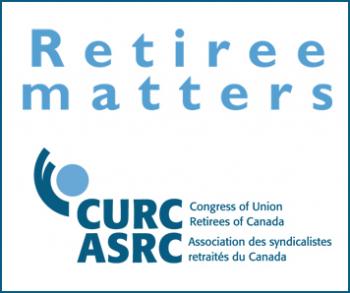Like this article? rabble is reader-supported journalism. Chip in to keep stories like these coming.
November 25 is the date chosen by the United Nations to mark the International Day for the Elimination of Violence against Women.
As discussed in my 2012 column “Breaking the silence,” it dates back to 1960, when in the Dominican Republic, the Mirabal sisters were killed because they campaigned for their rights. They then became the symbol of the fight to eradicate the scourge of violence against women.
Decades later, the day still fails to capture the attention of the international community. Yet the abuse inflicted on millions of women is real and the columns of all the earth’s newspapers would not be enough to identify all of these crimes.
In 2015, one in five women was a victim of physical or sexual violence, and almost one in two women experienced psychological violence, according to a survey by the Agency for Fundamental Rights of the European Union. We must conclude that the figures from the survey are far short of reality. Women often are afraid to talk, for fear of what will happen as a result.
Canadian cases of violence are often not reported. Experts know that the rates of all forms of domestic violence are underestimated. A 2013 Statistics Canada report showed that only 24 per cent of women who have suffered abuse from their spouses have contacted the police.
Here are some findings from the 2013 Statistics Canada report:
- The rate of spousal violence were higher for women than men in all age groups.
- Women were three times more likely to report being sexually assaulted, beaten, strangled, or threatened with a gun or a knife.
- Women were nearly 2.5 times more likely to report high rates of injuries from abuse.
- Women were 1.5 times more likely to report having been abused on several occasions.
- Aboriginal women experience violence at twice the rate of other women.
- The highest rates are found among young women, especially aged between 24 and 34, followed closely by women aged 15 to 24.
- Women in same-sex relationships are also affected at a rate of 20.8 per cent compared to 6.1 per cent in other groups.
- Ill treatment and neglect of children are on the rise.
- In cases of senior abuse and neglect, 60 per cent of occurrences were physical violence and 26 per cent were threats. The highest rates of senior abuse by family members were reported for those aged between 65 and 74.
As can be seen, in 2016 we are still grappling with this scourge. Why are we here? There is a lack of information and involvement at all social and political levels. This requires that we have more action. That all European countries ratify the Convention of the Council of Europe on violence against women and domestic violence, signed in Istanbul in 2011 by 13 countries.
Women need justice, whether they live in Europe or North America.
Taking action
We need to continue to inform; talk to abused women; support women who speak out; connect them with safe places to live (women’s shelters); and establish a national and global action plan to end violence against women in all countries.
I would like to reiterate the message dated November 25, 2015 by the Executive Director of UN Women, Ms. Phumzile Nlambo-Ngcuka, who said:
“If we work together, governments, civil society, organization, the UN system, companies, schools and individuals were mobilized in a new solidarity movement, we would eventually create a more equal world, a 50/50 planet, where women and girls can actually live and live free from violence.”
Indeed, I think it can be done and it will.
Retiree Matters is a monthly column written by members of the Congress of Union Retirees of Canada (CURC) that explores issues relevant to retirees, senior citizens, their families and their communities. CURC acts as an advocacy organization to ensure that the concerns of union retirees and senior citizens are heard throughout Canada.
Like this article? rabble is reader-supported journalism. Chip in to keep stories like these coming.



